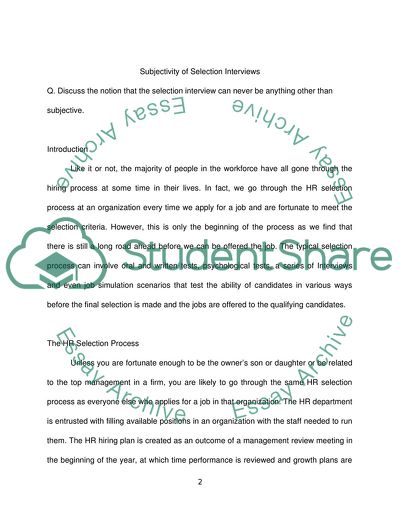Cite this document
(Practical Aspects and Difficulties Faced in the Interview Process Essay - 2, n.d.)
Practical Aspects and Difficulties Faced in the Interview Process Essay - 2. Retrieved from https://studentshare.org/human-resources/1751603-human-resource
Practical Aspects and Difficulties Faced in the Interview Process Essay - 2. Retrieved from https://studentshare.org/human-resources/1751603-human-resource
(Practical Aspects and Difficulties Faced in the Interview Process Essay - 2)
Practical Aspects and Difficulties Faced in the Interview Process Essay - 2. https://studentshare.org/human-resources/1751603-human-resource.
Practical Aspects and Difficulties Faced in the Interview Process Essay - 2. https://studentshare.org/human-resources/1751603-human-resource.
“Practical Aspects and Difficulties Faced in the Interview Process Essay - 2”. https://studentshare.org/human-resources/1751603-human-resource.


